Have you ever put thought into how you get around in airports?
This article was inspired by a very peculiar case, that of Michel Thibodeau who sued Canada’s St. John’s International Airportwithout even setting foot in it.
Canada’s international airports and all its federal institutions are required to speak in both of the country’s official languages, English and French. And he had a strong case because it is required by the Official Languages Act.
He noted that the airport’s press releases, annual reports, and social media feeds were exclusively in English. And the court considered the term “traveling public”, to not only people with a travel booking, but any individual using airport services: to plan a trip, pick up an airport passenger, or enjoy a coffee.
He has filed hundreds of complaints over the last 20 years. He did because this is not the only case where there is a language actin practice.
How do we get around in airports?
We move by intuition and signs that we interpret, and sometimes so naturally that we don’t remember. Can you recall the language of all the airports you visited?
One very common ground resource is to use both words and pictograms. The little images are everywhere: a plane going up for departures, or down for arrivals, toilets with men and women figures. It’s surprisingly easy to move around with drawings.
Also, we follow the masses. When you get off a plane, you walk amidst the herd and keep an occasional eye out for signs. Eventually, you get to either immigration or luggage. Your flight number is usually on the screen. Up to now, no translation was needed. Millions of people pass through airports every year, so they’re designed to be easy to use without a local language.
But that doesn’t mean there aren’t certain requirements. If you are a ticket person, because of the high interaction with travelers, some airports will require you to know English. And if not the airport, maybe a language act.

Photo byPhilip Myrtorpon Unsplash
Which languages are usually required?
Usually official languages of the country, most frequent for the area, and most likely English. For instance, in Spain, many airports have signage in German and the regional language. In Mallorca, you end up with signage in 4 languages (Spanish, Catalan, English, and German).
The use of German in Spain might seem “out of place”, but it’s because of tourism.
Also, a translator or language service should always be at hand. People may need assistance. Emergencies happen. Questions are sometimes necessary. And in those cases, people have the right to communicate in the language they are most comfortable with.
Some initiatives
The Edinburgh Airport (EDI) introduced a new device, the Pocketalk, to provide the airport security area with the ability to translate speech into 74 different languages. Gordon Dewar, the airport’s CEO, said: “We’re an international airport in a city and country known for its diversity, its inclusiveness, and its welcoming nature, and we want to make passengers feel at home at the airport. The security process is one of the most important as we need to ensure the safety of all passengers and staff, so it’s vital that we have the ability to clearly explain the process and help people understand so we can make that process as positive as possible.”
The staff and passengers speak into the device, and the translation is played through a speaker or displayed on the screen. Japan has a very similar thing in restaurants.
There is also New York’s JFK airport, which partnered with Google to adopt Google Assistant’s Interpreter Mode technology.Asides from having multilingual information desk staff, multilingual flight information displays, and wayfinding.
The technology offers real-time language translation to 29 different languages, in an airport where every year, more than 21 million passengers pass through the terminal. 65% of whom are from outside the US and may be visiting for the first time.
Flying can be stressful. And multilingual teams can be expensive, complex to manage, and difficult to staff. This is why we recommend our language experts, to work on demand, 24/7, at affordable prices.



